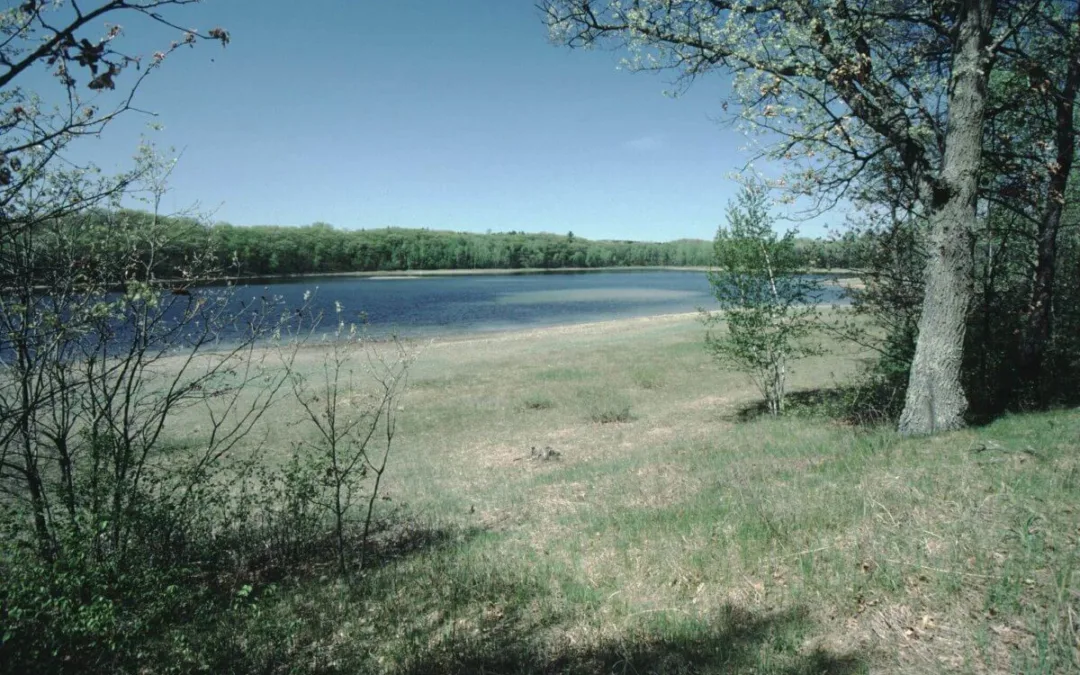
#image_title
#image_title
Move comes after President Trump diverts $101 million contract from Oshkosh Corp. to build military vehicles for National Guard
Wisconsin will join 18 other states in a lawsuit challenging President Donald Trump’s administration’s diversion of $3.83 billion in taxpayer money to build a wall on the U.S.-Mexico border, including $101 million previously intended to go to an Oshkosh manufacturing company.
Gov. Tony Evers authorized state Attorney General Josh Kaul to make Wisconsin part of the lawsuit on Wednesday. The suit alleges that spending that money to construct a wall is illegal because doing so “circumvented the will of Congress.”
“This diversion by the Trump Administration is a wasteful use of taxpayer dollars and neglects the needs of our state National Guard units,” Evers said in the release.
An estimated $101 million of funding for the wall would come at the expense of Oshkosh Corp. The company produces military vehicles for the National Guard. Under the Trump administration proposal, that money would instead be spent to build 177 miles of the controversial border wall.
“Wisconsin communities will suffer if funds are diverted from family-supporting jobs like those at Oshkosh Defense,” Kaul said. “A strong economy and good-paying jobs are critical to keeping our communities safe and strong.”
The Trump administration announced on Feb. 13 it would redirect money for the wall project. Congress has repeatedly pushed back against Trump’s attempt to pay for the wall and has provided limited payments for fencing along the wall in 2019 and 2020 federal budgets.
Funding the border wall also could imperil military construction projects in multiple states, including Wisconsin, where $97 million in such projects are planned.
The lawsuit alleges diverting money for the wall is legal and the structure itself fails to meet required environmental regulations. The funding would be used for a wall along the borders of California and New Mexico, home to more than 100 sensitive plant and animal species.
Politics

Biden administration bans noncompete clauses for workers
The Federal Trade Commission (FTC) voted on Tuesday to ban noncompete agreements—those pesky clauses that employers often force their workers to...

Opinion: Trump, GOP fail January 6 truth test
In this op-ed, Milwaukee resident Terry Hansen reflects on the events that took place on January 6, the response from Trump and other GOP members,...
Local News

Readers Poll: Top Bowling Alleys in Wisconsin
Looking for the best bowling in Wisconsin? Look no further! Our readers have spoken in our recent poll, and we have the inside scoop on the top...

8 Wisconsin restaurants Top Chef judges are raving about
Top Chef’s 21st season is all about Wisconsin, and on-screen, it’s already apparent that the judges feel right at home here. But, while filming in...




